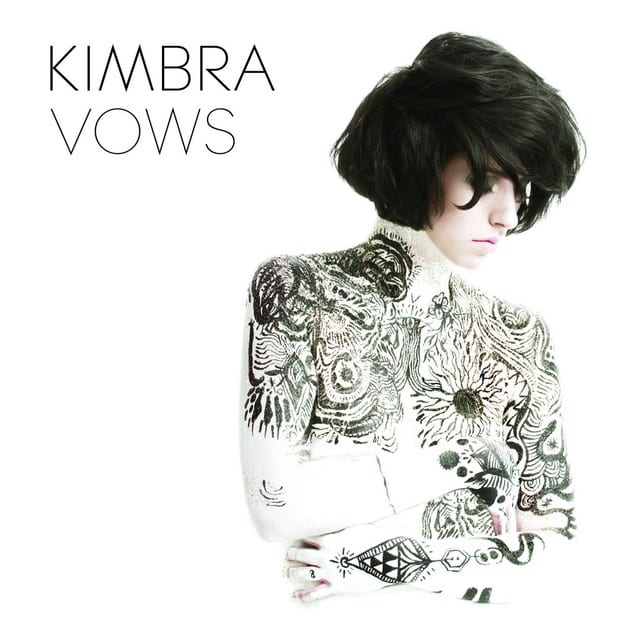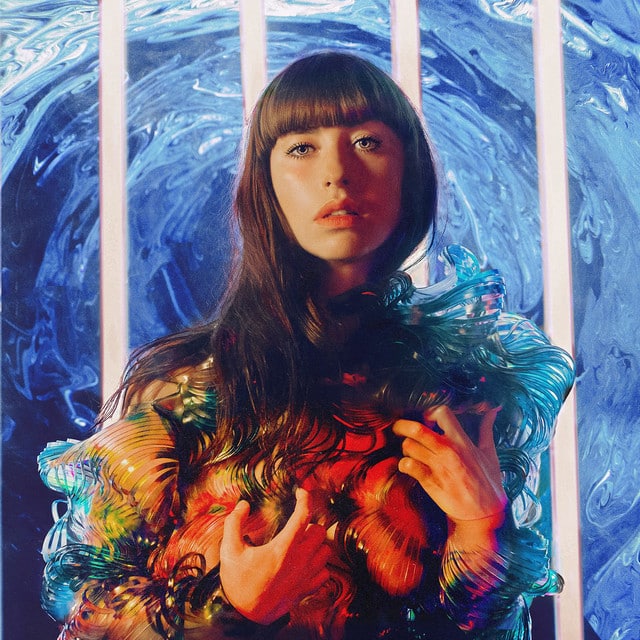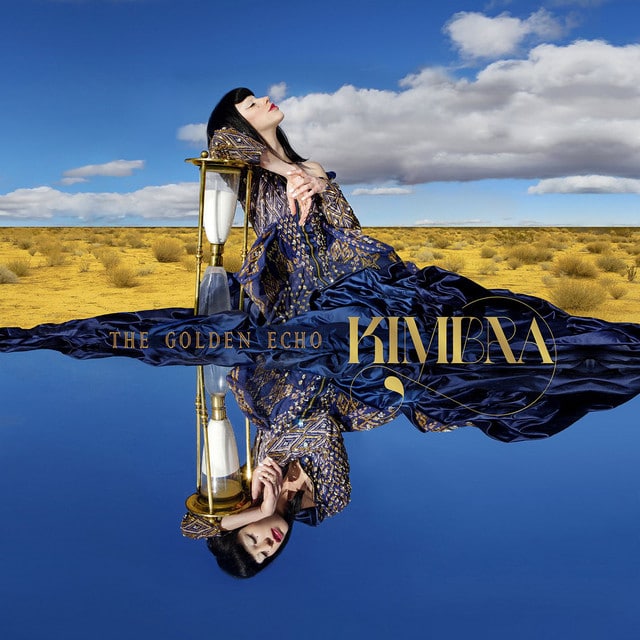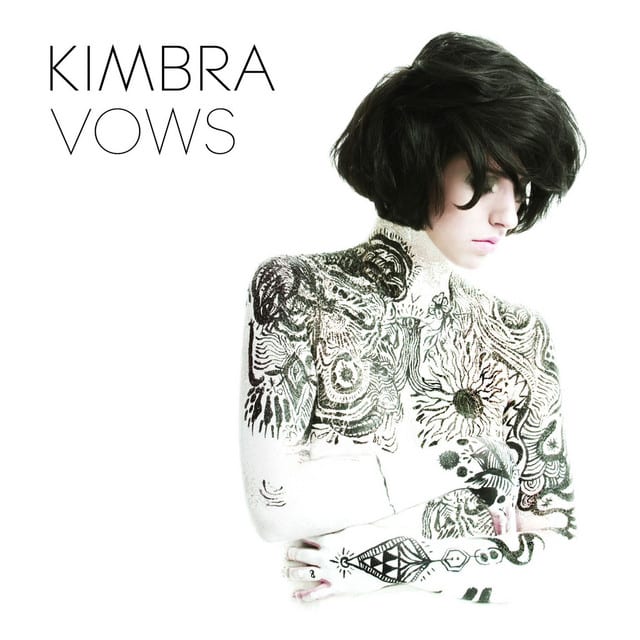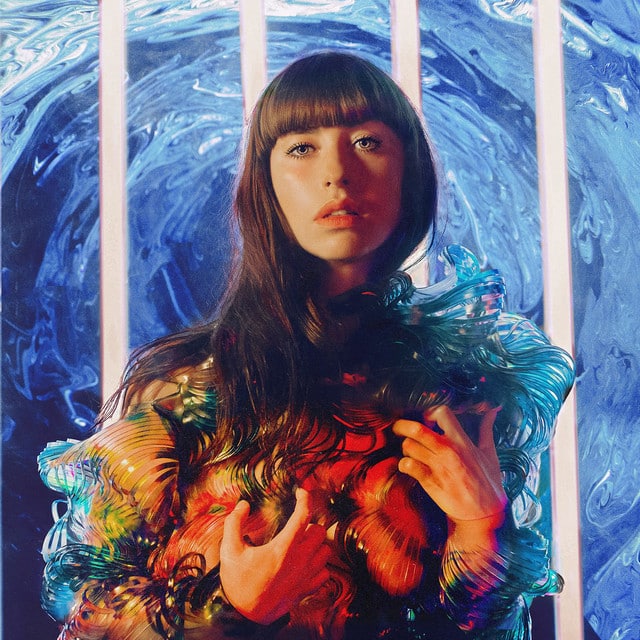Released: 2011
At first glance, Kimbra’s “Old Flame” seems like an ode to a past lover, a poignant reminder of the heat that once was. But as we peel back the layers, it becomes clear that this track is tinged with both nostalgia and a burning curiosity about the nature of a love that’s seemingly lost to the chill of time. Kimbra is questioning the endurance of passion and the cyclical pattern of relationships that seem to blaze bright only to cool down with the seasons.
The opening lines set the scene: “Old flame, it’s always the old way / When did it get so damn cold? / You’re so seasonal.” Kimbra brings us into a space where memories are juxtaposed with the current frosty reality. The term ‘seasonal’ isn’t just about weather; it’s a metaphor for the inconsistency and cyclic nature of this old lover’s presence and affection. The warmth they shared is likened to a flame that flickers and sways, an image that suggests a wavering, unstable light against an encroaching cold darkness—literally the winter soul. And “gold days” is a brilliant description of periods filled with happiness and warmth, perhaps even idealized with time’s passing gloss.
The chorus gets into the heart of the matter: “Old flame, you’re still the one that holds me / Can’t you feel it burning? / Can’t you feel it burning still?” Kimbra’s asserting a hold that the past love has on her, a fire that hasn’t quite died. The repetition of “burning” stresses her insistence that their connection is alive. It’s a passionate plea for acknowledgment that what they had isn’t quite extinguished.
In the second verse, Kimbra sings about visiting her old lover’s house, observing from the outside: “When did you get so hollow? / So closed, so overgrown?” The description is a stark contrast to the memory of radiant “gold days.” The ‘hollow’ connotes a sense of emptiness where there once was depth and emotion, while ‘overgrown’ suggests neglect and a barrier that has since formed. Yet despite this noticeable desolation, she dances on the aftertaste of their shared warmth. That ‘aftertaste’ is a clever bit of lyrical painting, hinting that the residual feelings are bittersweet—still there, but no longer the main course of her emotional diet.
Kibra then delivers a visceral bridge with “Smoke skies, colors and cloud nines / Circles and straight lines and drowned eyes,” crafting an atmosphere that’s hazy and unclear. This poetic imagery depicts the confusion and mix of emotions that come with remembering and reliving the past. Falling “into fahrenheit,” a measurement of heat, is a descent into the passionate chaos they once inhabited. “And time only fuels the desire” is a potent line; as they say, absence makes the heart grow fonder, and time is reigniting the flames of yearning instead of extinguishing them.
The song circles back to the notion of seasons and cycles, concluding with a repetition of the chorus, cementing the enduring state of this “Old Flame”—still an inferno in her heart, still questioning where the love went. Overall, Kimbra captures the haunting persistence of old love and the internal struggle with its sporadic nature, as she navigates the ashes of what was once a blazing fire.
